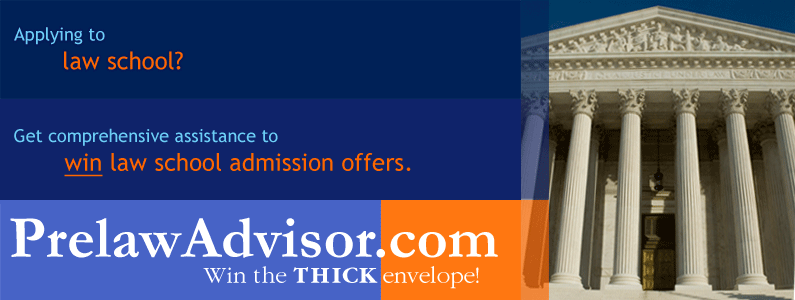Can a cellist go to law school?
 Wednesday, September 20, 2006 at 08:52AM
Wednesday, September 20, 2006 at 08:52AM Recently, Wall Street Journal reader "S.M.R." from
Law schools want the widest possible field of potential students, so they wish to encourage all interested applicants--with appropriately high GPAs and LSAT scores--to apply, no matter what their background or major is, or what life and work experience they have had. That is why law schools do not require a specific major to be admitted. But understand that law schools are quite content to create a competition each year between new students of vastly different abilities and backgrounds. They really don’t care institutionally which student comes in first, or last, in this competition for grades and other law school honors. If the double major in political science and American history with two years of post-college, law-related work experience obliterates his very bright but utterly inexperienced competitor who is a master of the cello, so be it. But of course students and parents care greatly about how to best prepare for the coming battles of law school.
So, here’s what I recommend to the cellist.
1. Advance in the cello, and pursue excellence with it, but major as well (or at least take many courses) in political science and American history. These will serve as a useful foundation for your future law school studies. If you don’t like political science and American history courses, you might, might be on the wrong path if you want to go to law school.
2. Seek to have law-related experiences in college. Be a volunteer in a legal services organization. Serve in a political campaign. Be involved in the debate of important legal issues in your community. Work part-time for a lawyer or law firm. Connect to and serve the prelaw student organization(s) of your college. Climb a law-related learning path, even if you have to design it yourself.
3. Recognize what is going to become the vocation in your life (the law, and legal work) and what will be your beloved avocation (playing the cello). You will make your living through legal practice.
4. Recognize the critical importance of the LSAT, and thus your LSAT preparation. If you plan a timeline that includes an appropriate period of law-related work, you can push the dreadful preparation for the LSAT entirely outside your college years. If you feel compelled to take the LSAT while in college, take a timed, practice test. Score it. Then look at the LSAT score demanded by your favorite law schools.
5. Work in a law-related job before you start law school. Plan for such a position carefully, with your prelaw advisor.
6. Don’t let anyone tell you that you can’t advance in both the cello and the law. It’s certainly possible, but you don’t want to be diverted by your love for music from critically important law-related developmental experiences in college.
